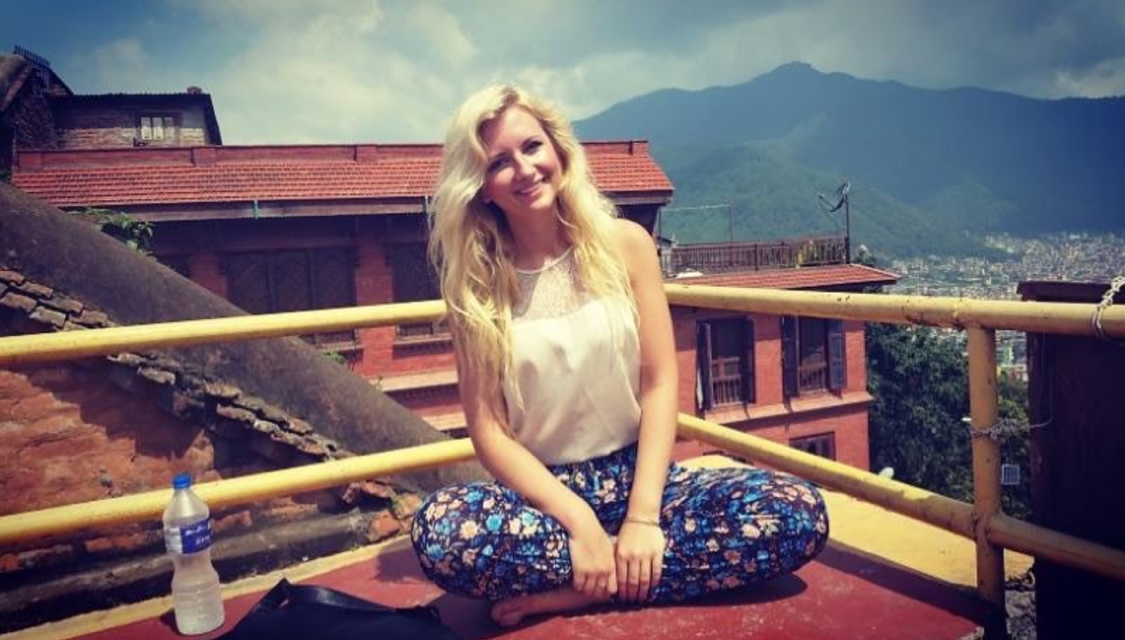Tatyana Budilskaya: Who runs the world?
Tatyana Budilskaya interned with the Global Alliance Against Traffic in Women (GAATW) in Bangkok, Thailand.
Who runs the world, you ask? Well B, that depends. If organizations like Pourakhi are around, then sure enough, “Girls!” may be a perfectly suitable answer.
The world is vast and wide; feminist efforts to bring upon equality and opportunity have varied in success and actualization globally. It’s no question that bigoted patriarchy still exists in frequent patches around the world. That’s why when I listen to Beyoncé’s hit tune, I put on my thinking cap and a cosmopolitan gendered lens to sing along (like everyone else does, right?).
Women must first have the chance to run the world. In fact, we can focus on the chance to achieve economic and social security first before chanting for chancellorship. Pourakhi, a Nepali NGO, acknowledges this, and has thus enthralled me with their programs and achievements. I was privileged to meet with several of the women from Pourakhi while on an unforgettable work trip with the Global Alliance Against Traffic in Women (GAATW) this summer – and after speaking with them, I was undoubtedly infected with [f]empowerment.
Pourakhi addresses the subordinated setup of access to justice and resources for Nepali women. The organization states that there are more than 100 laws that are discriminatory towards women; fortunately, Pourakhi is often consulted by the government for public policy recommendations based on their expertise.
“The government speaks like us because we’re the ones pushing for policy recommendations”, says Manju Gurung, a founding member of Pourakhi.
Pourakhi provides legal services (in addition to many other services) that are highly needed for women in Nepal as well as Nepali migrant workers returned from abroad. Many women (and men) choose to migrate for opportunities abroad and help the economic prosperity of their families in Nepal through promising salaries and living conditions abroad. These promises are often far off from the dark realities that the migrant workers experience – many migrant workers find themselves in situations of trafficking, forced labour and other forms of exploitation.
“Preventive measures are very important” says Agni Gurung, Pourakhi’s focal person, acknowledging that migration and trafficking are highly interconnected and that preventative measures can raise awareness and preparedness for prospective migrants.
I was very inspired with how Pourakhi consistently advocates for the state to approach the policy-making procedure from a gendered perspective, which is currently essential given that the government has recently adopted a new constitution and will be reviewing significant pieces of legislation in the upcoming years.
As a Canadian law student and future legal service provider, I must note one more [f]empowering characteristic that I found interesting. Pourakhi has implemented a six-day paralegal training program which helps prepare staff to provide legal assistance for the numerous labour and trafficking cases they receive. The members state that they often utilize alternative dispute resolution processes with local agents to build on their legal expertise. This is a uniquely creative approach to expanding resources and attaining legal knowledge to aid the access to justice movement in Nepal; the more agents educated and involved in the movement, the merrier this world can be… and the more globally applicable Beyoncé’s cheering lyrics become.

